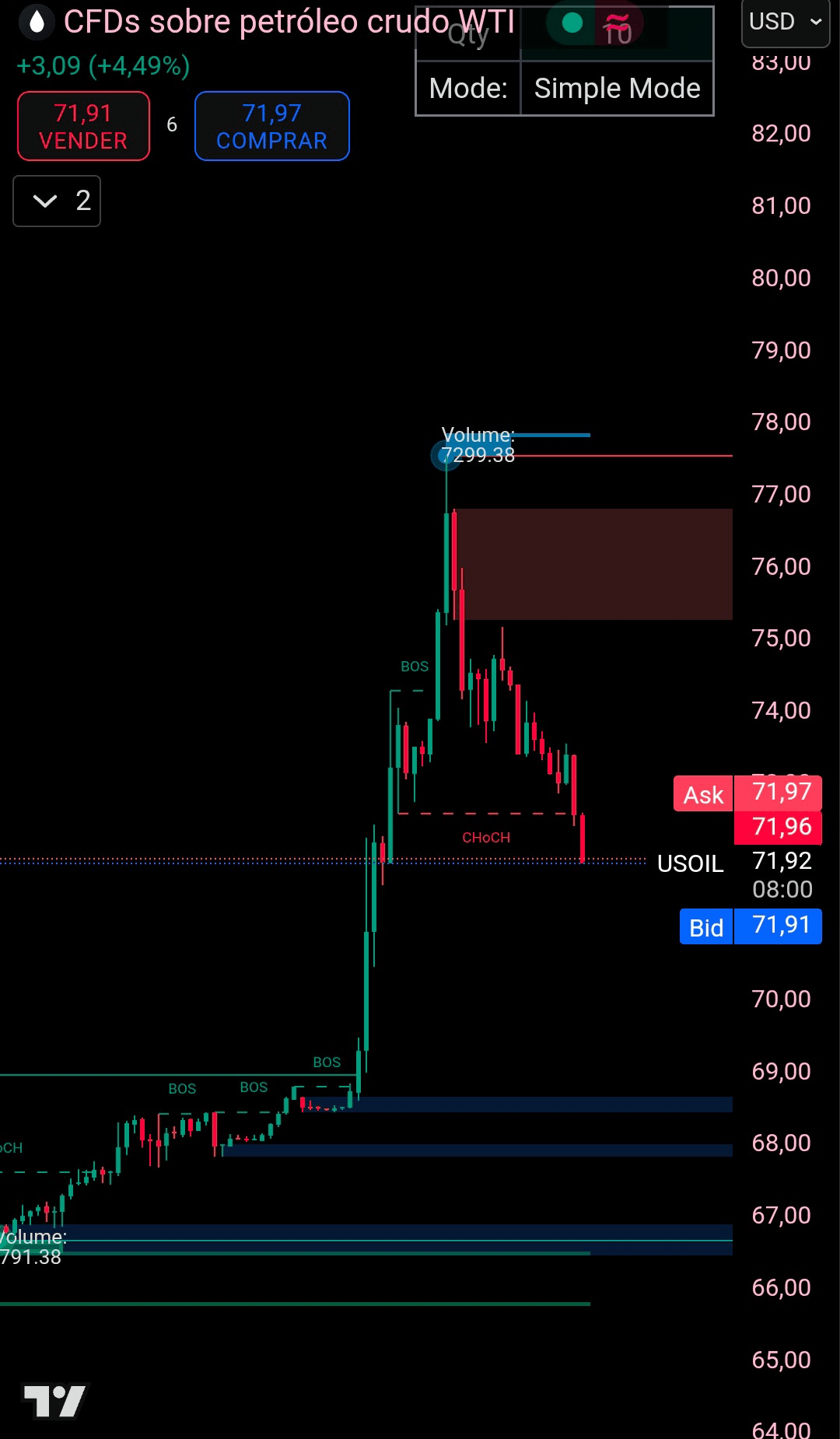Israel attacked nuclear and military targets within Iran
In the early hours of June 13, 2025, Israel orchestrated a broad military operation targeting numerous strategic sites in Iran. These included critical uranium enrichment facilities, advanced missile production plants, and established military bases. Reports indicate that approximately 200 fighter jets participated in the coordinated assault, attacking around 100 designated targets.
It is reported that the air campaign caused numerous casualties, including the death of General Hossein Salami, commander of the Islamic Revolutionary Guard Corps, and General Mohammad Bagheri, chief of the General Staff, along with two prominent nuclear scientists. The attacks also affected residential areas, raising concerns about civilian casualties.
The Supreme Leader of Tehran hurried to promise severe retaliation. In response, Israel declared a state of emergency, closed educational institutions and airports, and issued public warnings about possible retaliatory rocket and drone attacks from Iran. Israeli reports indicate a first wave of incursions with Iranian drones. Iran, acknowledging the defensive measures, cryptically declared that 'the world will know why Iran was enriching uranium,' a statement widely interpreted as a veiled reference to its nuclear ambitions.
Washington quickly distanced itself from the operation, urging de-escalation and emphasizing the importance of safeguarding its regional assets. The Israeli offensive has undeniably exacerbated regional instability and extinguished the fragile prospects of resuming nuclear talks with Iran, scheduled for next Sunday. Iran had previously warned that any attack on its nuclear infrastructure would provoke retaliation against U.S. positions in the region.
Israel justified its preemptive strikes citing intelligence information indicating accelerated progress in the Iranian nuclear program and the imminent threat of nuclear weapons development. The geopolitical landscape remains extremely volatile, and international observers express great concern over a possible escalation.
Market reactions: Strong increases in oil and gold
Global financial markets reacted strongly to the rising geopolitical risk. The most pronounced movements were observed in the oil market, where benchmark WTI crude futures initially rose by approximately 10%. At the close of this report, oil prices have consolidated their gains, trading up 7% and nearing $72 per barrel.
 At the same time, gold, a traditional safe-haven asset, experienced an increase of more than 1%, after having previously reached $3440 per ounce. The strong rebound in these commodities underscores investor apprehension and the perception of rising supply risks in the East.
At the same time, gold, a traditional safe-haven asset, experienced an increase of more than 1%, after having previously reached $3440 per ounce. The strong rebound in these commodities underscores investor apprehension and the perception of rising supply risks in the East.